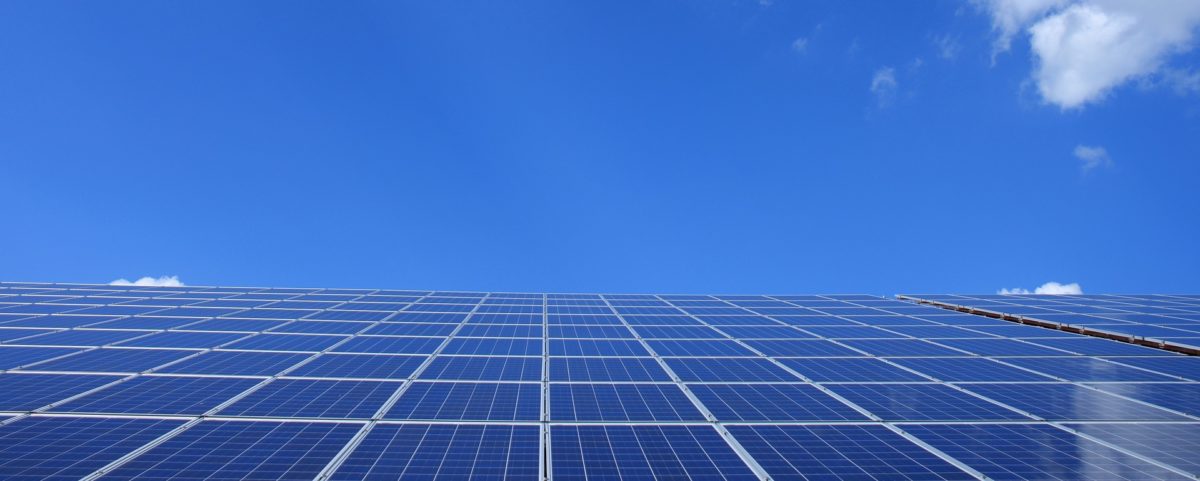According to the latest issue of Energy Trends, UK natural gas exports to the European continent hit a new height in the second quarter of 2022. A quantity equivalent to nearly 10 per cent of UK natural gas consumption (80 TWh) was exported to the continent. This is in the context of a massive buy-up by European storage facilities to prepare for winter consumption.
The extent of this trade highlights the fact that even if much larger quantities of natural gas is sucked from the North Sea or through fracking on land, it will make no discernable difference to the price British consumers have to pay for natural gas. More gas drilling just means that more product is available to sell to the highest bidder around the world. And the price of the highest bid will be determined today by the price of Liquified Natural Gas (LNG) on the world market.
The export figure for Quarter 2 was a record since at least the beginning of 2014 (the earliest record I can find). Richard Black of the Energy and Climate Intelligence Unit commented on the exports of natural gas last year saying:
‘So why, at a time when Britain is apparently crying out for gas, is this happening? Well… for the fairly obvious reason that the gas doesn’t belong to the British public or the British government, but to whichever company gets it out of the ground…And as any company would, they’re selling it for the best price they can get. Which happens to be, for large volumes of it, by sending it through the pipeline into Belgium and the Netherlands…This is utterly normal corporate behaviour, and completely to be expected. But it sure knocks a massive hole in the argument that Britain needs ‘its own’ gas production for energy security’
The irony is that the increased gas trading in the UK is concerned with protecting the gas security of the rest of Europe where countries such as Germany have large gas reserves. Germany, which has the equivalent of around 25 per cent of its annual consumption in gas reserve capacity is able to stave off buying at the most expensive winter prices by buying cheap during the summer when gas prices are lower.
The UK has tiny gas reserves by comparison, equivalent to around 3% of annual UK gas consumption. This means that it has little buffer to the need to buy gas at stupendously high winter prices – and some of it, ironically – may come from the same reserves to which the UK has sold cheaply over the summer. The lack of gas reserves is a big reason why the UK is subject to much higher gas prices than the rest of Europe.
Another reason why British gas prices are so much higher than the rest of Europe is that the UK has to buy gas at very high spot market prices and has few long term contracts to give price stability. As Mike Bradshaw from Warwick Business School says ‘because it (UK) relies on LNG imports, the UK is exposed to price competition on the global LNG spot market – it has no long-term contracts to speak of. Historically, the UK, and Europe more generally, have served as a market of last resort for global LNG, where cargoes are sent when demand is slack in Asia. But Europe’s role in the global LNG market is changing dramatically because of the war in Ukraine. Now, if the UK and other European importers want to attract LNG, they must outbid other buyers for the limited amount of spot LNG that is available.’
UK ministers would be best advised to see how energy efficiency and renewables can be mobilised as rapidly as possible rather than pointlessly signalling about increasing UK gas production that will just be sold on abroad.
Mike Bradshaw calls for more European cooperation. But the words ‘European’ and ‘cooperation’ are about the last things that will pass the lips of UK Government ministers.
by David Toke
Campaign for green buildings – Make solar panels on suitable buildings mandatory and ban fossil fuel heating in new buildings SIGN the petition here!

By 2030, Hinkley Point C and Sizewell C nuclear power plants will be operational, so a 100percentrenewableuk is down the pan, so it’s 85percentrenewableuk as your most hopeful scenario. Don’t you think you really ought to change your blog name?
When Rolls-Royce SMR Ltd. start throwing the breakers on 2, or maybe 4, per year of their 470 MW UK SMRs, from 2029 onwards, that 85 figure will decline year on year, so you would need it in an easily amendable format.
Not really – we’ll argue for all renewables future solutions regardless. As for smrs, well that’s fantasy stuff